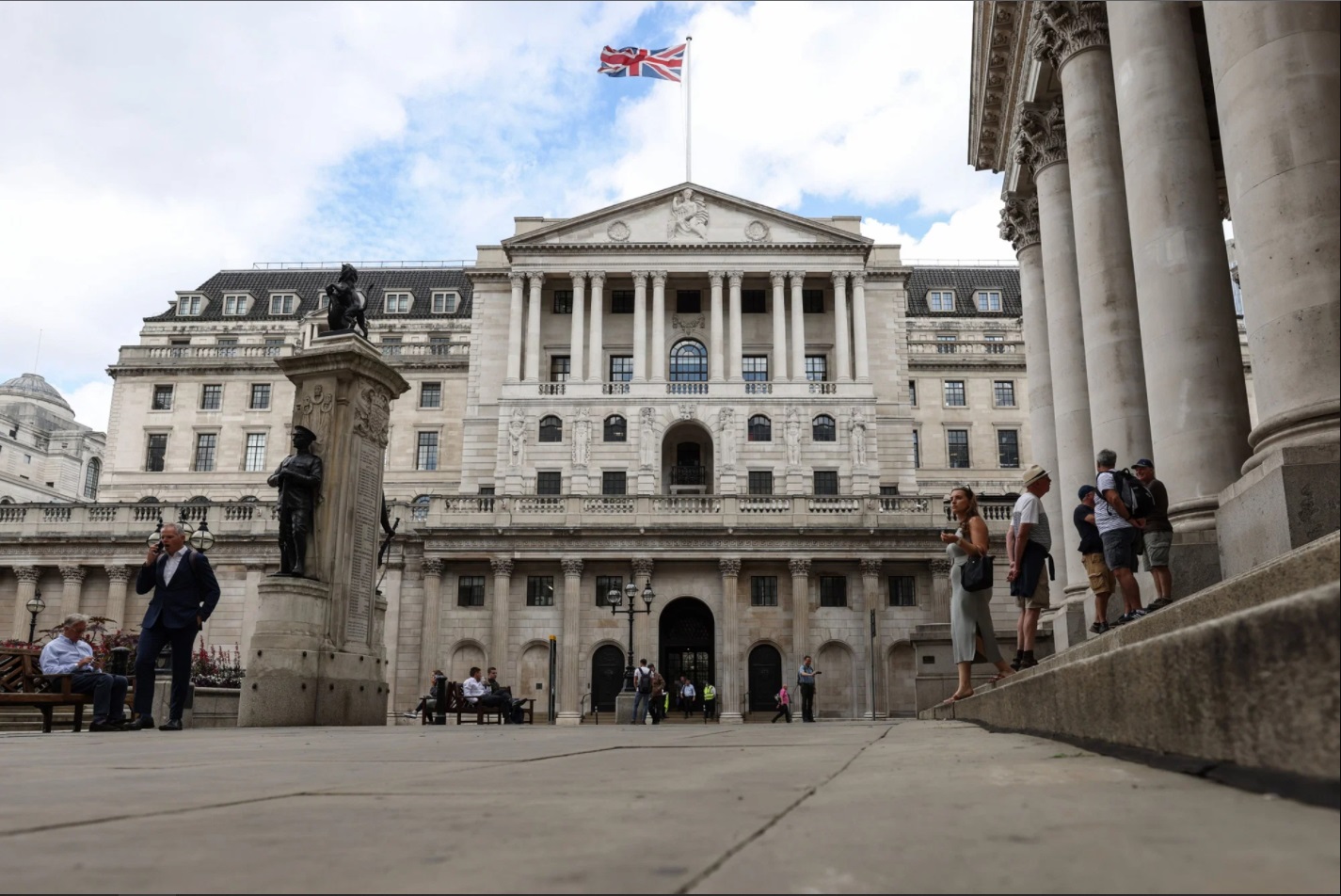Will the market adjust in the way the central banks wants?
Last week, the BoE told the market that it is wrong to expect the base rate to rise in the way that’s factored into the implied money market curve.

Of all the major central banks, the BoE is in the most difficult spot when market forecasts differ from its own.
>> Why did many central banks intervene in the market?
We often hear the expression, “don’t fight the FED” and, again as we’ve seen through this rate-hiking cycle, there’s considerable truth in this adage. Markets don’t always agree with central banks and, right now, that actually seems most apparent in the UK.
Of all the major central banks, the BoE is in the most difficult spot when market forecasts differ from its own. This is because its economic forecasts are conditioned on particular assumptions about key inputs such as future interest rates, the future level of the pound, energy prices and more.
On rates, the BoE uses the implied OIS curve as its input for future base rates. But clearly if this pricing differs from the Bank’s own thinking on rates the forecasts produced are not truly indicative of the Bank’s own views. To give a rather simplistic comparison, if you imagine that you are going to spend the day outside and believe it will be fine weather, you are not going to be best pleased if you are told you have to assume it will rain all day and dress accordingly.
In economic terms, the fact that the market is pricing in future base rate levels that are too high in the BoE’s view, means that its growth and inflation forecasts are probably lower than the Bank were to predict if it were using its own gut feel for base rates.
For instance, market expectations for base rates push the BoE’s forecast for annual inflation to zero in the last set of forecasts whereas, if the Bank were using its own assumptions about base rates, it would probably be forecasting an inflation rate very close to the 2% target.
Other central banks, like the FED, for instance, collate individual FOMC members’ forecasts and you will find here that longer-term inflation expectations always revert to the 2% target, because members have their own views about the right policy rates in the future and assume these will help bring inflation back to target. So, as we can see, the problem in using these conditioning assumptions is that the Bank produces forecasts that are not indicative of what it truly feels.
Last week, there was lots of press comment about the fact that the BoE is forecasting a recession that could be the longest since the 1930s. But Mr. Steve Barrow, Head of Standard Bank G10 Strategy said that we should not forget that this is conditioned on a (high) base rate forecast that it does not believe in. The problem here is that if households and firms in the economy condition their own behaviour and expectations on the Bank’s forecasts, they could reduce their own activity so much that the recession does indeed, turn out to be the longest since 1930.
>> Will the 1970s sterling crisis happen again?
A second problem is that the market might not be pricing its base rate expectations solely on the basis of the economic fundamentals of growth, inflation etc. It might include a “UK premium” to cover the possibility that economic and/or financial market strains could force the Bank to hike rates to stabilise the pound or the bond market.
When UK gilts and the pound slumped in September after the disastrous mini-budget, there was also a very marked rise in implied base rate expectations in the OIS curve. Now part of this was clearly down to the fact that the expansive budget could have warranted tighter monetary policy to avoid even higher inflation, but Mr. Steve Barrow also thinks that a part reflected the possibility that base rates could have to be raised to restore credibility. Since then, this “UK premium” has come down, but he thinks it is still there and, as a result, base rate expectations in the market will continue to have a tendency to be higher than the BoE’s own thinking.
In the end, of course, the BoE controls the base rate, not the market and hence it might be a case of “don’t fight the BoE”. But until credibility is restored, through evidence of falling inflation, a stable budgetary position and more, the market is likely to be happy fighting the BoE.








